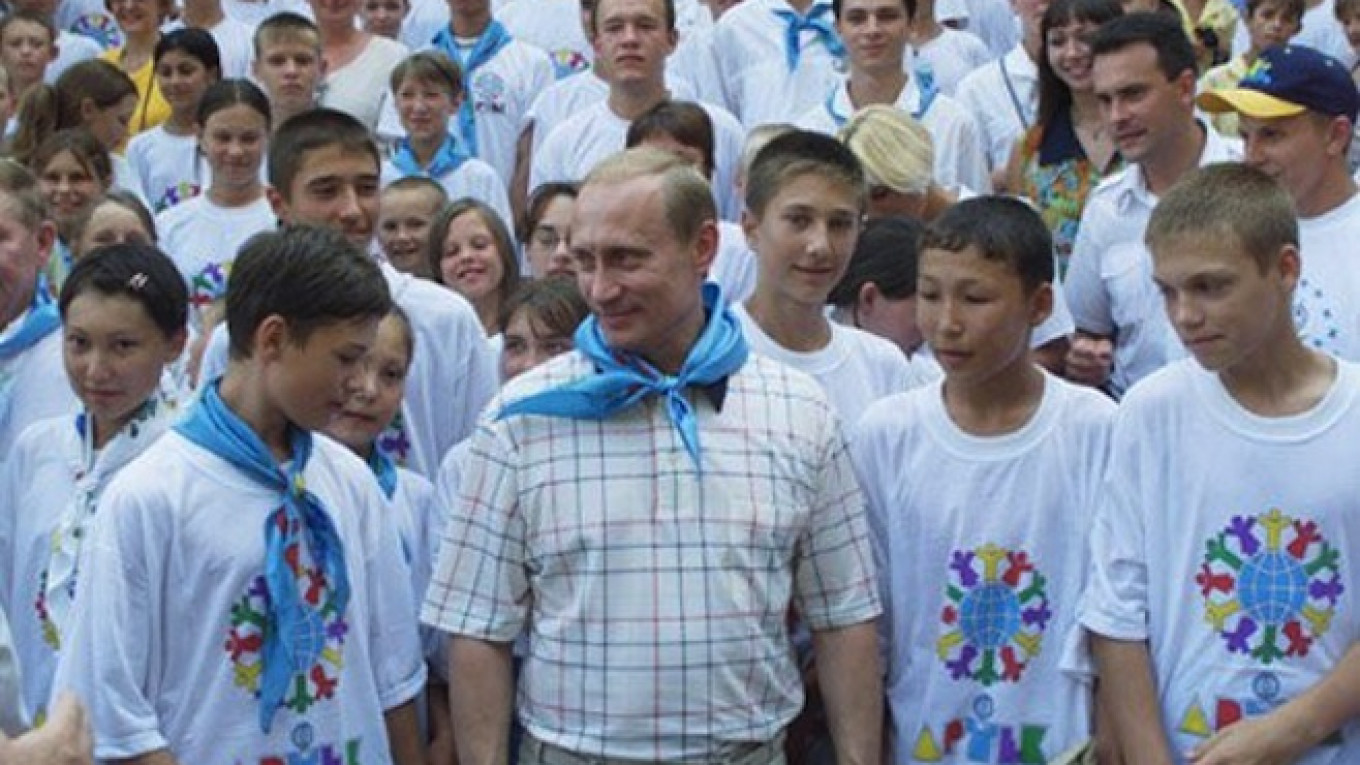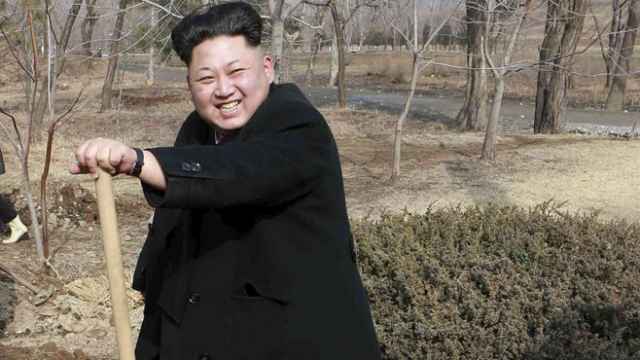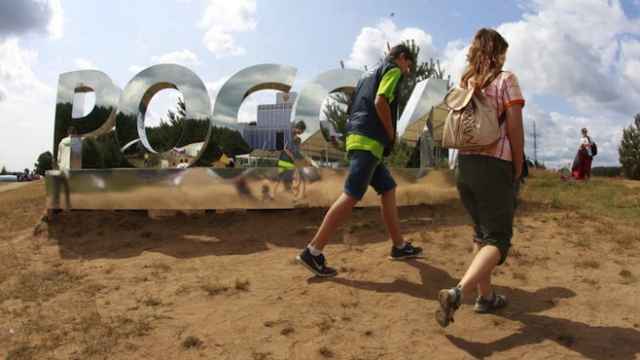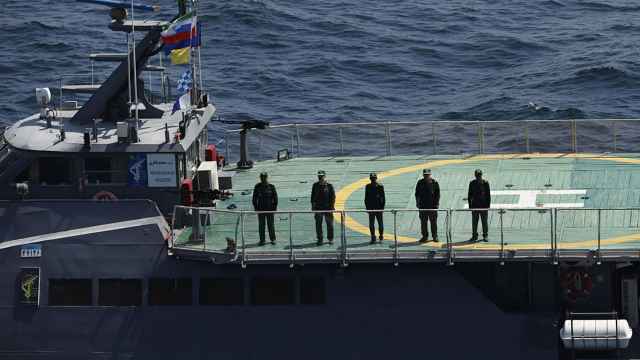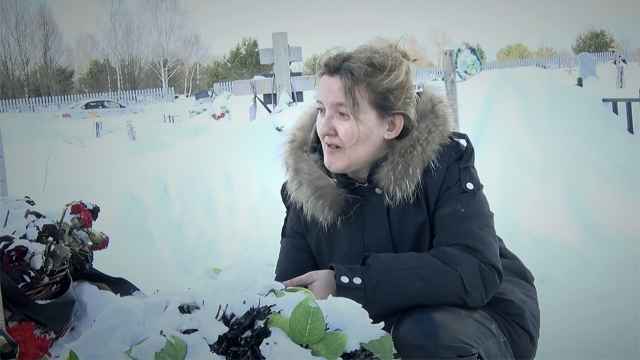Ukraine has appealed to UNESCO and the international community to increase its pressure on Russia for what it calls the theft of an iconic Soviet-era children's camp in Crimea.
In an online statement published Thursday, the Ukrainian Foreign Ministry expressed “deep concern” at a decision taken by Crimean authorities earlier this week to nationalize the Artek children's camp, thereby transferring it into Russian state hands.
“This shameful act is yet another violation in the long series of criminal acts by the Russian Federation on the temporarily occupied territories of the Autonomous Republic of Crimea and Sevastopol, deliberately robbing Ukraine of its property and consistently demonstrating blatant disregard for the most basic principles of international law,” the Ukrainian ministry said.
Located close to the coastal resort town of Yalta, Artek was a dream destination for children in the Soviet Union, with only the well-connected or those excelling in school or sports getting a placement.
After the collapse of the Soviet regime in 1991, the camp fell into Ukrainian hands until Russia annexed Crimea last spring following a military takeover and an internationally disputed referendum that saw an overwhelming majority vote in favor of accession to Russia.
UNESCO-Affiliated
Eight years before the Crimean annexation, UNESCO awarded Artek the status of a Category 2 Center. While the camp does not legally fall under the auspices of the world heritage body, it is “associated with it through formal arrangements.”
The Ukrainian Foreign Ministry cited the 2006 agreement in its statement on Thursday, calling on UNESCO and “the whole of the international community” to condemn the move to nationalize Artek and describing Russia's actions as being in “defiance of the civilized world.”
Camp head Alexei Kasprzhak dismissed Ukraine's protestations and invited an independent committee to visit Artek and “draw its own conclusions about the role Russia has played in the development of this international youth center,” news agency Interfax reported Thursday.
Moscow in October allocated 21 billion rubles ($568 million) to fund a thorough revamp of the camp with the aim of making it a center of Russian learning and pedagogical practice, according to a government decree published at the time.
“In less than a year, I think more has been put into Artek than throughout its entire Ukrainian chapter,” Kasprzhak was quoted as saying in the Interfax report.
Price Tag
Ukraine's letter of outrage came as the Artek management set the price tag for a stay at the camp at 65,000 rubles ($1140) — an amount roughly double Russia's average monthly wage — Russian News Service reported Friday, citing Kasprzhak.
Kasprzhak said Artek would house one thousand children aged 8 to 17 for the first shift of the holiday season, which opens April 26, though that number is expected to increase in summer ahead of the camp’s 90th anniversary in June.
Only 5 percent of those staying at Artek will have actually paid the hefty price tag, however, Russian News Service reported.
The remaining 95 percent of placements are sponsored by the Russian government, which, in line with Soviet-era practice, will allocate them to children who have excelled in science, art and education.
Kasprzhak refused to give an estimate of how much would be spent on the 90th anniversary festivities, but said fireworks would account for “several million rubles.”
“Everything will be beautiful,” he said.
A Message from The Moscow Times:
Dear readers,
We are facing unprecedented challenges. Russia's Prosecutor General's Office has designated The Moscow Times as an "undesirable" organization, criminalizing our work and putting our staff at risk of prosecution. This follows our earlier unjust labeling as a "foreign agent."
These actions are direct attempts to silence independent journalism in Russia. The authorities claim our work "discredits the decisions of the Russian leadership." We see things differently: we strive to provide accurate, unbiased reporting on Russia.
We, the journalists of The Moscow Times, refuse to be silenced. But to continue our work, we need your help.
Your support, no matter how small, makes a world of difference. If you can, please support us monthly starting from just $2. It's quick to set up, and every contribution makes a significant impact.
By supporting The Moscow Times, you're defending open, independent journalism in the face of repression. Thank you for standing with us.
Remind me later.


